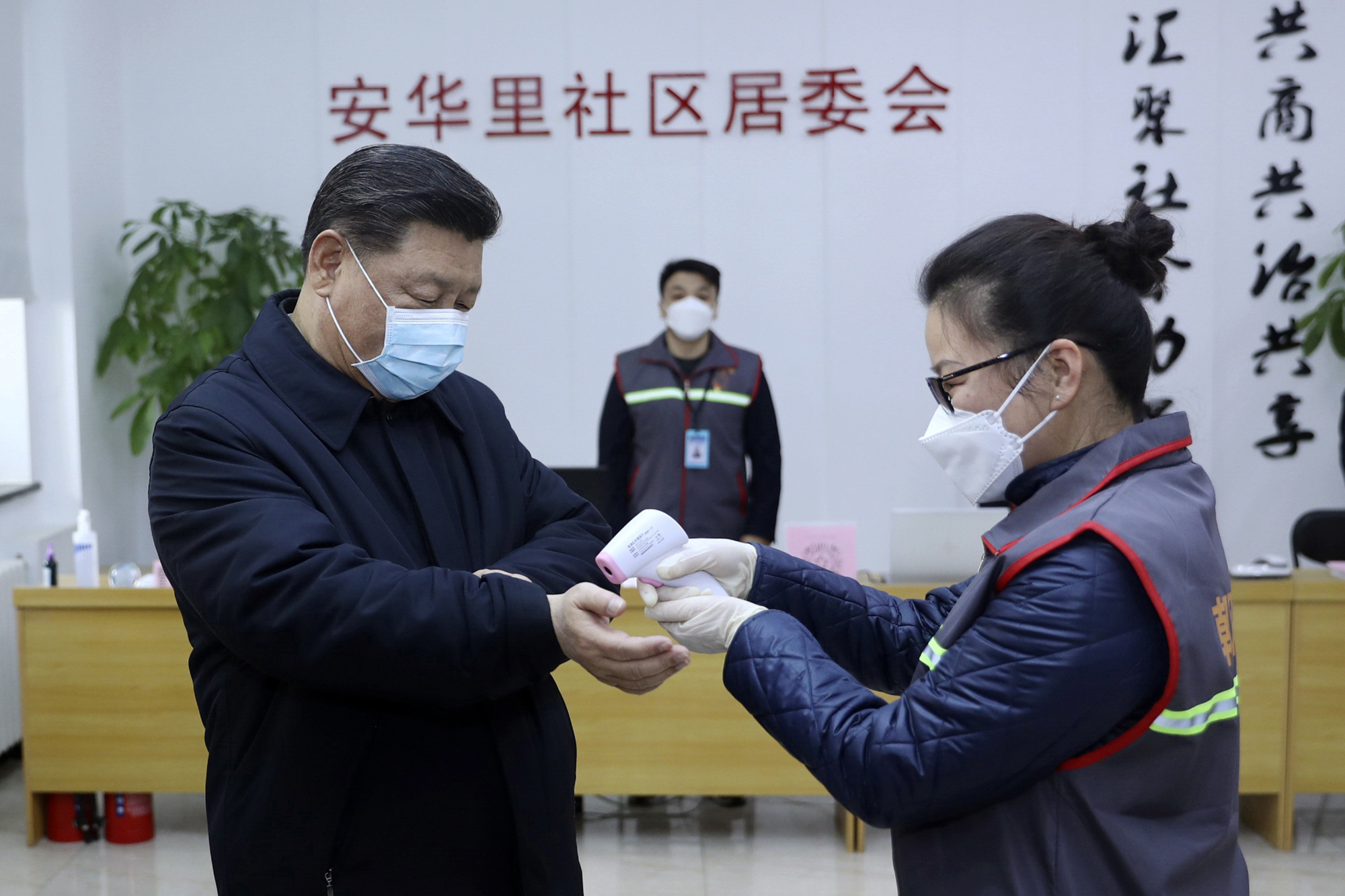In contemporary China, profound political transformation can — and has — taken place in the absence of regime change or Western-style democratization. The starkest example is the period of "reform and opening" that began in 1978 under Deng Xiaoping's charge. Although Deng rejected multiparty elections, he fundamentally changed the direction of the Chinese Communist Party, as well as the distribution of power within it.
The coronavirus epidemic that began in Wuhan in December may augur a similar historic turning point. The outbreak of what is now called COVID-19 represents more than just a passing moment of stress for the CCP. The world should be prepared for what could come next.
Normally, a single epidemic, even if mishandled, would not break the Chinese regime. Over the past four decades, the CCP has weathered numerous crises, from the 1989 Tiananmen tragedy and the 2002-2003 SARS epidemic to the 2008 global financial crisis. Some of the regime's critics have long predicted its imminent demise, only to be proven wrong. Before President Xi Jinping, the Chinese style of governance was adaptive and decentralized, or what I call "directed improvisation." In addition, civil society, including muckraking journalism, expanded rapidly.


















With your current subscription plan you can comment on stories. However, before writing your first comment, please create a display name in the Profile section of your subscriber account page.